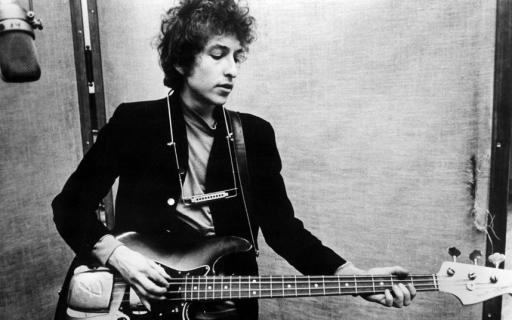
With the growing popularity of free verse poetry, it's been said that poetic form is dead these days. But all poems have form. Otherwise one presumably would have trouble knowing what they are in the first place. Further, modern free verse was of course invented by people like Whitman, Eliot, Mallarmé, Elizabeth Daryush, and many more who deeply understood meter and were doing something that existed in continuity with it, not in mere or blind opposition to it. As Eliot once wrote, ”There is no escape from meter, only mastery.”
Free verse is a form of verse, not a form of freedom. The notion that one can write any kind of decent verse at all, whether free or metrical—any verse that might be worthy of being judged to be “poetry”—without caring or knowing anything about metrics is absurd on the face of it, and makes no more sense than suggesting one can write atonal music without having studied harmony, or become a competent abstract artist without knowing how to draw, or become a post-modern architect without understanding the properties of materials and the history of the art, or, for that matter, become any good at anything (surgery, law, engineering, tennis, etc.), without studying its forms and history and imitating them. Why should poetry, of all things, not work like that?
There is no way to soften this: Those who think that free verse is somehow antithetical to metrical verse simply do not know the history or structure of the art they profess to practice. That is emphatically not to say that anyone should have to write metrically—I would never suggest that. It’s a free country (for the time being…), and people should write whatever they damn choose. But everyone who aspires to be a competent poet should train by studying meter and poetic forms. We should do this not because writing metrically is “better” than writing free verse. God knows there is plenty of doggerel written in meter! We should do it and encourage others to do it because no matter what path one eventually chooses, such difficult study is the only way to learn what the strongest poets of the past (and many of the present, like the most recent Nobel Prize winner, Bob Dylan) were doing, and thought they were doing, and why they did it, and how they did it.
The ballad is probably the most vital lyrical form in the history of European poetry, and even perhaps world poetry, depending on how we define it, with a history of thousands of years in hundreds of languages. In all Indo-European languages, the word for “ballad” derives from a root meaning “a dance,” suggesting a musical composition. And of course all folk ballads were originally sung and danced to—as many still are, witness once again Dylan and herds of other contemporary song writers. Indeed, any popular song that tells a story still somehow engages with this tradition.
The ballad also has a strong literary history, one that is now several centuries old, in which more literary writers draw on the energy, exuberance and power of vernacular work—and that energy goes back and forth in all sorts of powerful ways. These poems are completely alive, and that’s for a reason: They’re great.
David J. Rothman is teaching a weekend intensive, Techniques of the Eternal Ballad, starting May 12. Rothman is director of the graduate program in creative writing at Western State University. He is also Colorado Public Radio's resident poet and founder of Conundrum Press.


Comments
Thank you